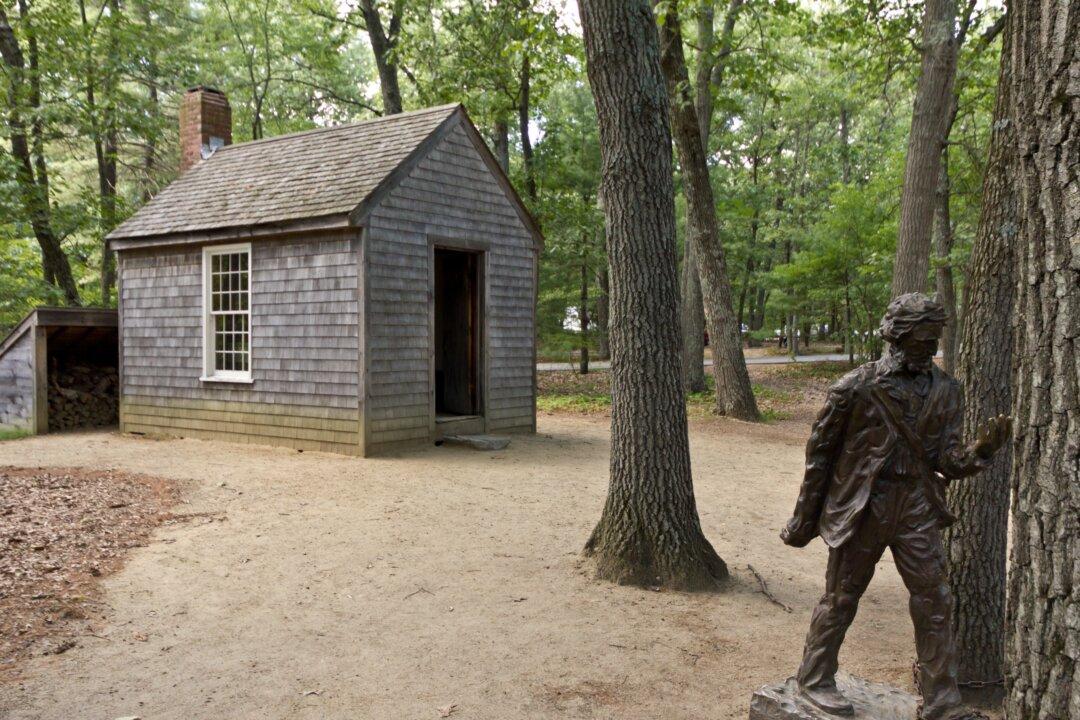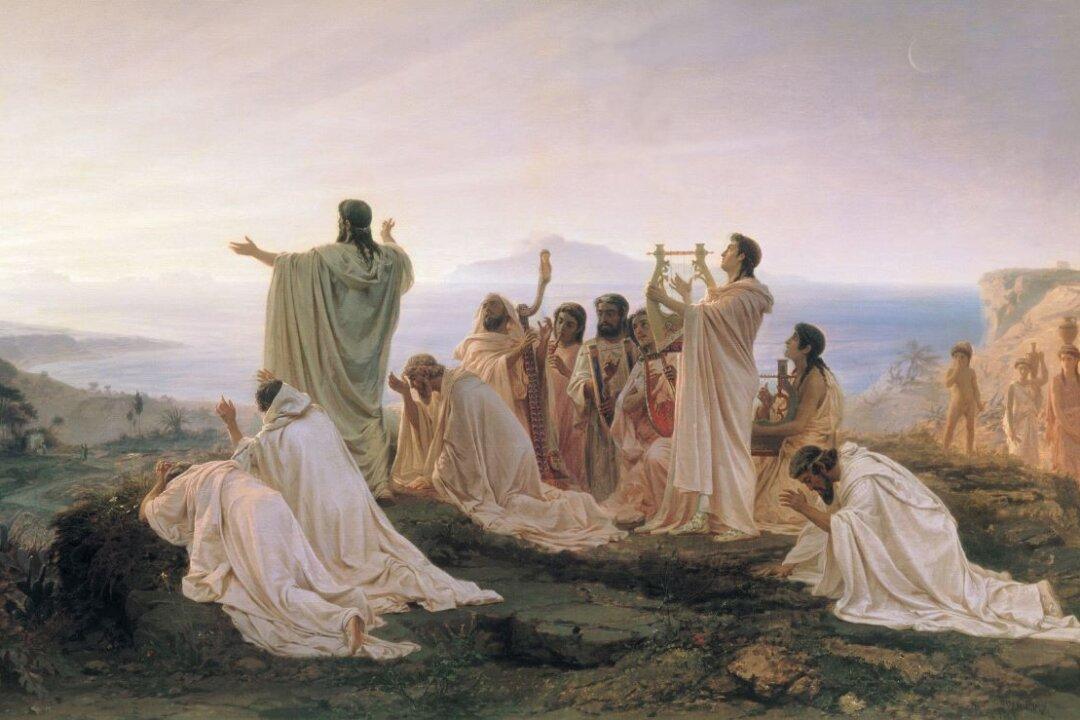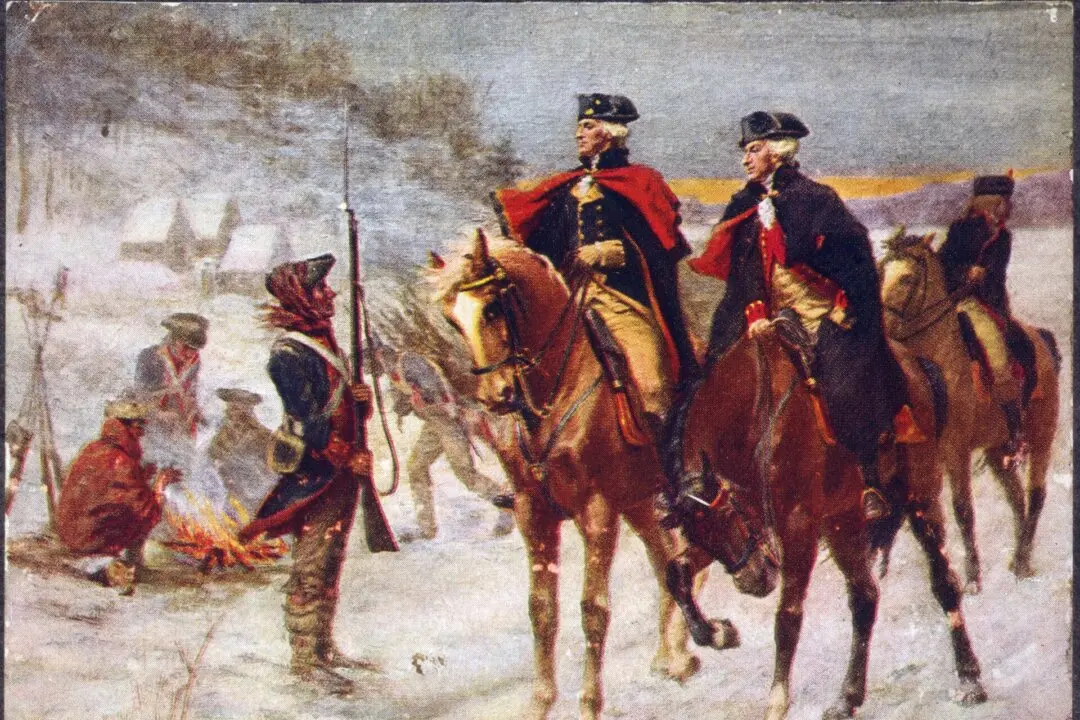Henry David Thoreau accomplished a great deal in his short but busy life as a philosopher, activist, and naturalist. His profound influence as the grandfather of environmentalism and nonviolent resistance movements is difficult to overstate. As if this were not enough, he even improved the quality of pencils by innovating a method of binding graphite with clay.
His own century largely ignored him, though. The reigning opinion about Thoreau in his day—at least according to his fellow citizens of Concord, Massachusetts—was that he was an idle good-for-nothing: a man who, with hardly a penny to his name, spent his time scribbling in notebooks and decrying perceived injustices instead of making a living.





